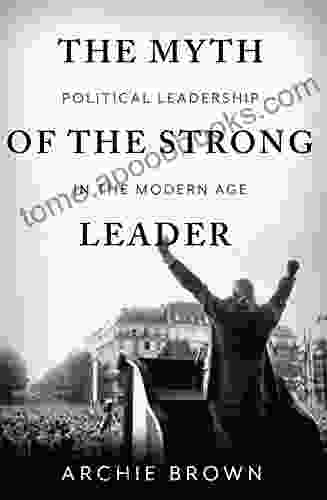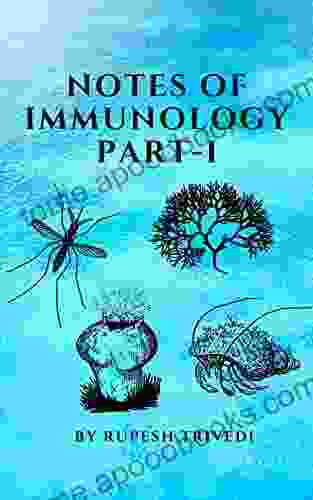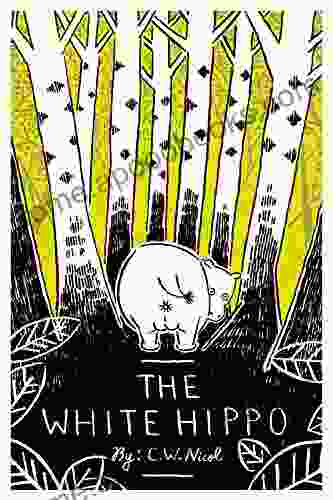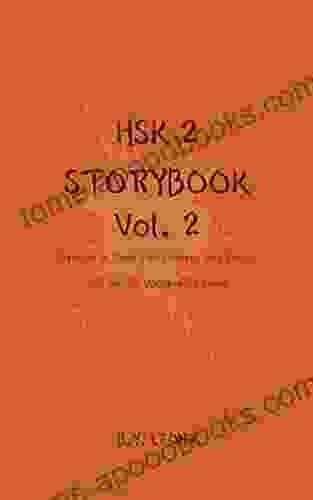Political Leadership in the Modern Age: Navigating the Complexities of Modern Politics

4.3 out of 5
| Language | : | English |
| File size | : | 1269 KB |
| Text-to-Speech | : | Enabled |
| Screen Reader | : | Supported |
| Enhanced typesetting | : | Enabled |
| X-Ray | : | Enabled |
| Word Wise | : | Enabled |
| Print length | : | 482 pages |
In the ever-changing landscape of modern politics, the role of political leadership has become increasingly complex and demanding. Leaders today are confronted with a myriad of challenges, from economic inequality and climate change to the rise of populism and the spread of misinformation. To effectively navigate these complexities, political leaders require a unique blend of competencies, strategies, and a deep understanding of the contemporary political environment.
Understanding the Challenges of Modern Politics
The challenges faced by political leaders in the 21st century are multifaceted and interconnected. Economic inequality, a persistent problem in many societies, has fueled social unrest and eroded public trust in political institutions. Climate change poses an urgent threat to the planet, requiring bold and decisive action from leaders. The rise of populism, often fueled by economic anxiety and a perceived loss of national identity, has led to the erosion of democratic norms and the spread of divisive rhetoric.
In addition to these external challenges, political leaders also face internal hurdles. The spread of misinformation and the erosion of trust in media institutions have made it more difficult for leaders to communicate their messages effectively and build public support. The polarization of politics, both within and between nations, has made it harder to find common ground and build consensus.
Essential Competencies for Political Leaders in the Modern Age
To effectively navigate the challenges of modern politics, political leaders require a comprehensive set of competencies. These competencies can be categorized into three broad areas: cognitive, interpersonal, and emotional.
Cognitive Competencies
- Strategic thinking: The ability to analyze complex political situations, identify potential risks and opportunities, and develop effective strategies for achieving desired outcomes.
- Policy expertise: A deep understanding of policy issues, including economics, healthcare, education, and environmental sustainability.
- Critical thinking: The ability to evaluate information, identify biases, and make sound judgments based on evidence and reason.
- Communication skills: The ability to communicate effectively with a diverse range of audiences, including constituents, media, and other stakeholders.
Interpersonal Competencies
- Collaboration and consensus-building: The ability to work effectively with others, build relationships, and find common ground, even with those who hold different views.
- Negotiation skills: The ability to negotiate effectively, find mutually acceptable solutions, and bridge differences between competing interests.
- Emotional intelligence: The ability to understand and manage one's own emotions, as well as the emotions of others, and to use emotional intelligence to build rapport and connect with people.
Emotional Competencies
- Resilience: The ability to withstand pressure, overcome setbacks, and maintain optimism in the face of adversity.
- Integrity: A strong moral compass, honesty, and a commitment to ethical behavior.
- Empathy: The ability to understand and share the feelings of others, and to make decisions that take into account the impact on all stakeholders.
Adapting Strategies to the Changing Political Landscape
In addition to possessing the necessary competencies, political leaders must also adapt their strategies to the changing political landscape. The rise of digital media and social media has transformed the way that leaders communicate with the public and build support. Leaders must be able to harness the power of these platforms effectively while also being mindful of the potential pitfalls, such as the spread of misinformation and the erosion of privacy.
The increasing interconnectedness of the global economy and the rise of supranational organizations have also created new challenges and opportunities for political leaders. Leaders must be able to navigate complex international relationships, cooperate with other nations to address global challenges, and balance national interests with international obligations.
The Importance of Ethical Leadership
In an era marked by distrust and cynicism, ethical leadership is more important than ever. Political leaders who are perceived as honest, trustworthy, and transparent can build stronger relationships with the public and earn their trust. Ethical leadership also helps to restore faith in political institutions and promote a more positive political culture.
Ethical leadership requires a commitment to honesty, integrity, and accountability. Leaders must be transparent about their decisions, avoid conflicts of interest, and hold themselves to the highest ethical standards. They must also be willing to listen to criticism, admit mistakes, and learn from their experiences.
Political leadership in the modern age is a complex and demanding undertaking. To effectively navigate the challenges and opportunities of the 21st century political landscape, leaders require a comprehensive set of competencies, including strategic thinking, policy expertise, communication skills, collaboration, negotiation skills, emotional intelligence, resilience, integrity, and empathy. They must also be able to adapt their strategies to the changing political landscape and prioritize ethical leadership to build trust and restore faith in political institutions.
As the world faces a myriad of complex challenges, the need for effective political leadership is greater than ever. By understanding the challenges, developing the necessary competencies, and embracing ethical leadership, political leaders can work to build a better future for their communities and the world at large.
4.3 out of 5
| Language | : | English |
| File size | : | 1269 KB |
| Text-to-Speech | : | Enabled |
| Screen Reader | : | Supported |
| Enhanced typesetting | : | Enabled |
| X-Ray | : | Enabled |
| Word Wise | : | Enabled |
| Print length | : | 482 pages |
Do you want to contribute by writing guest posts on this blog?
Please contact us and send us a resume of previous articles that you have written.
 Book
Book Novel
Novel Page
Page Chapter
Chapter Text
Text Story
Story Genre
Genre Reader
Reader Library
Library Paperback
Paperback E-book
E-book Magazine
Magazine Newspaper
Newspaper Paragraph
Paragraph Sentence
Sentence Bookmark
Bookmark Shelf
Shelf Glossary
Glossary Bibliography
Bibliography Foreword
Foreword Preface
Preface Synopsis
Synopsis Annotation
Annotation Footnote
Footnote Manuscript
Manuscript Scroll
Scroll Codex
Codex Tome
Tome Bestseller
Bestseller Classics
Classics Library card
Library card Narrative
Narrative Biography
Biography Autobiography
Autobiography Memoir
Memoir Reference
Reference Encyclopedia
Encyclopedia Nancy Toff
Nancy Toff C P Mitchell
C P Mitchell Dick Wood
Dick Wood April R Smith
April R Smith Koraly Dimitriadis
Koraly Dimitriadis Sam Chaltain
Sam Chaltain Annika Smethurst
Annika Smethurst Orlando Hernandez
Orlando Hernandez Arika Williams
Arika Williams Autumn Archer
Autumn Archer Ashley Weaver
Ashley Weaver Ariel Perry
Ariel Perry Avery North
Avery North Judith A Barrett
Judith A Barrett Arun Mbakvp
Arun Mbakvp Georgios N Yannakakis
Georgios N Yannakakis Annie Ward
Annie Ward Roberta Freund Schwartz
Roberta Freund Schwartz Jojo Moyes
Jojo Moyes Tom O Neill
Tom O Neill
Light bulbAdvertise smarter! Our strategic ad space ensures maximum exposure. Reserve your spot today!
 Anthony WellsFollow ·16.9k
Anthony WellsFollow ·16.9k Dean CoxFollow ·6.6k
Dean CoxFollow ·6.6k Corbin PowellFollow ·7.6k
Corbin PowellFollow ·7.6k Norman ButlerFollow ·9.9k
Norman ButlerFollow ·9.9k John KeatsFollow ·13.3k
John KeatsFollow ·13.3k Jett PowellFollow ·8.3k
Jett PowellFollow ·8.3k Stephen KingFollow ·19.3k
Stephen KingFollow ·19.3k Ernesto SabatoFollow ·6.4k
Ernesto SabatoFollow ·6.4k
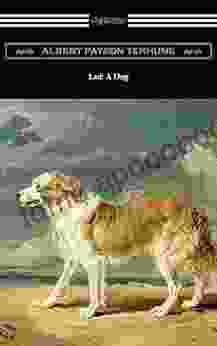
 Gabriel Garcia Marquez
Gabriel Garcia MarquezLad Dog Baby Professor: The Perfect Book for Your Child
Lad Dog Baby...

 Fredrick Cox
Fredrick CoxAn Excerpt With Fifty Ways To Help Animals Promo Books:...
: Embracing Animal...
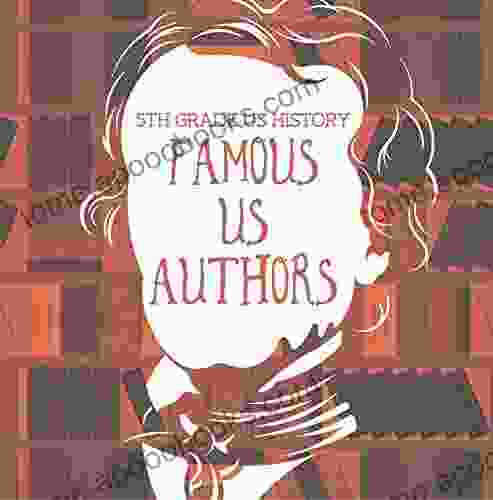
 Kelly Blair
Kelly Blair5th Grade US History: Famous US Authors: Fifth Grade...
Step into a captivating world of historical...
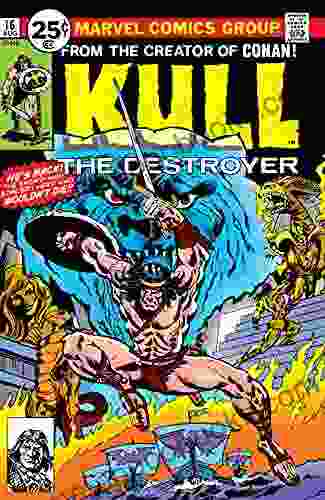
 Natsume Sōseki
Natsume SōsekiKull the Destroyer: A Timeless Tale of Sword and Sorcery
The Creation of a...

 Jim Cox
Jim CoxDas Ist Supertoll: Unlocking the Magic of German for Kids
Immersive Learning with...

 Bruce Snyder
Bruce SnyderUnlock the World of Quilting for Kids: Discover "Quick...
Are you ready to embark on a delightful...
4.3 out of 5
| Language | : | English |
| File size | : | 1269 KB |
| Text-to-Speech | : | Enabled |
| Screen Reader | : | Supported |
| Enhanced typesetting | : | Enabled |
| X-Ray | : | Enabled |
| Word Wise | : | Enabled |
| Print length | : | 482 pages |


